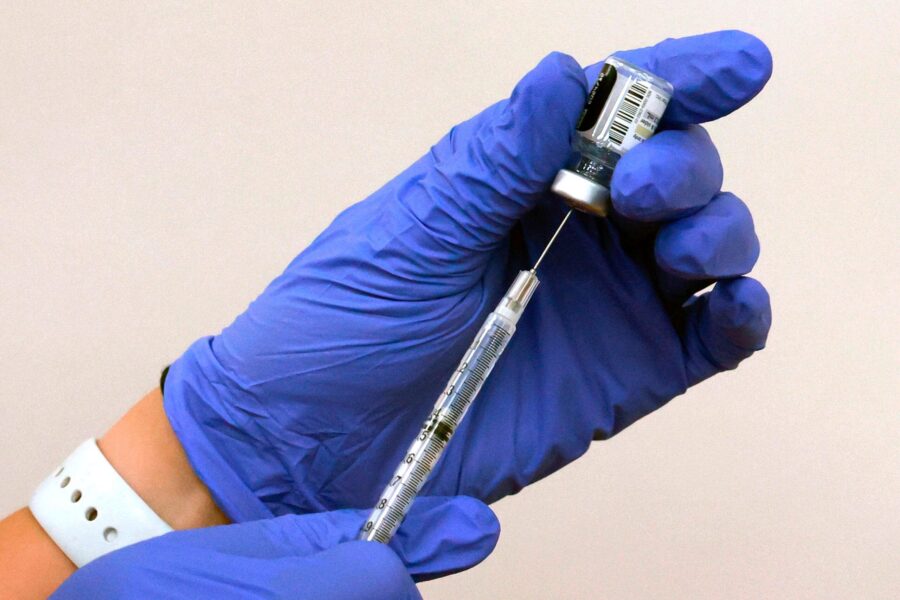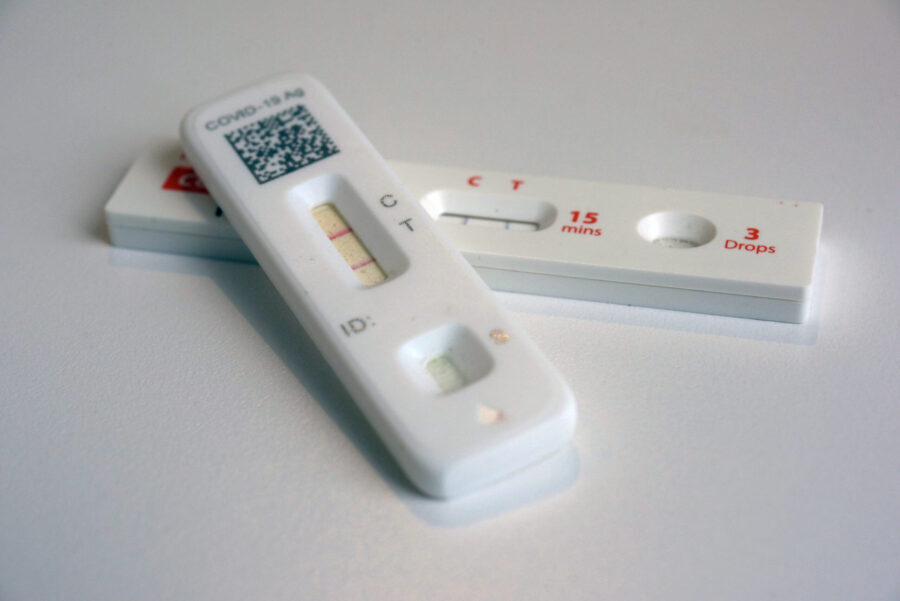Utah Ranchers: No Shortages In Meat, Beef Supply
May 5, 2020, 8:03 PM | Updated: May 7, 2020, 11:15 am
BRIGHAM CITY, Utah – Any rancher will tell you it’s not the easiest job in the world, but they wouldn’t trade the lifestyle for anything.
“I’m a fifth-generation farmer here. I love it,” said Joel Ferry while looking at his cows.
However, even at his Box Elder County ranch, far from a lot of people, the coronavirus pandemic was affecting Ferry.
And many ranchers like him.
“Orders are not coming in. A lot of meatpacking plants have been shut down because employees have contracted coronavirus,” said Ferry. “So we’ve got to get these plants up and running. We’ve got to get back to work.”
Those processing and meatpacking plants are important because, without them, cattle ranchers don’t have anywhere for their animals to go.
This cow wants you to eat more chicken. But Utah ranchers say there isn’t a beef shortage… at least not on their end. We’ll get into it on @KSL5TV at 6. #ksltv pic.twitter.com/NK4ydbmEzY
— Alex Cabrero (@KSL_AlexCabrero) May 5, 2020
Ranching costs increase because the animals not being sent to processing still need to be fed and the ranchers aren’t getting any money if they’re not processing.
The backlog is creating an economic problem for ranchers.
“We’ve seen a 40 percent drop in the price of cattle,” said Ferry. “We’re down to levels we haven’t seen since the ’80s, so we’ve taken a 40-year step back in our pricing.”
The supply of animals is there.
From the perspective of ranchers, if people are talking about a meat shortage, it’s not on their end.
“There is plenty of meat, plenty of beef, plenty of pork, plenty of milk for everybody in the country,” said Ron Gibson.
Gibson is the President of the Utah Farm Bureau and said the longer processing facilities stay closed, the more it’s hurting family ranches.
“That is affecting all of us not only as the prices decline, but there are several cases where we just don’t have the ability to get them processed,” said Gibson.
That’s causing some grocery stories to limit the amount of beef customers can buy.
However, Gibson said there is no need for people to hoard beef like what we saw last month with toilet paper and hand sanitizer.
“It’s not the right thing to freak out. We don’t need to be hoarding. We promise you that there’s going to be a continuous supply of meat,” said Gibson.
That’s what Ferry and other ranchers are working hard to do.
They take pride in keeping the supply of food going.
Even though, until plants start opening again, they’re not making money.
“Farmers are the eternal optimists. We have to be. And so, we hope that tomorrow is going to be better,” said Ferry.











